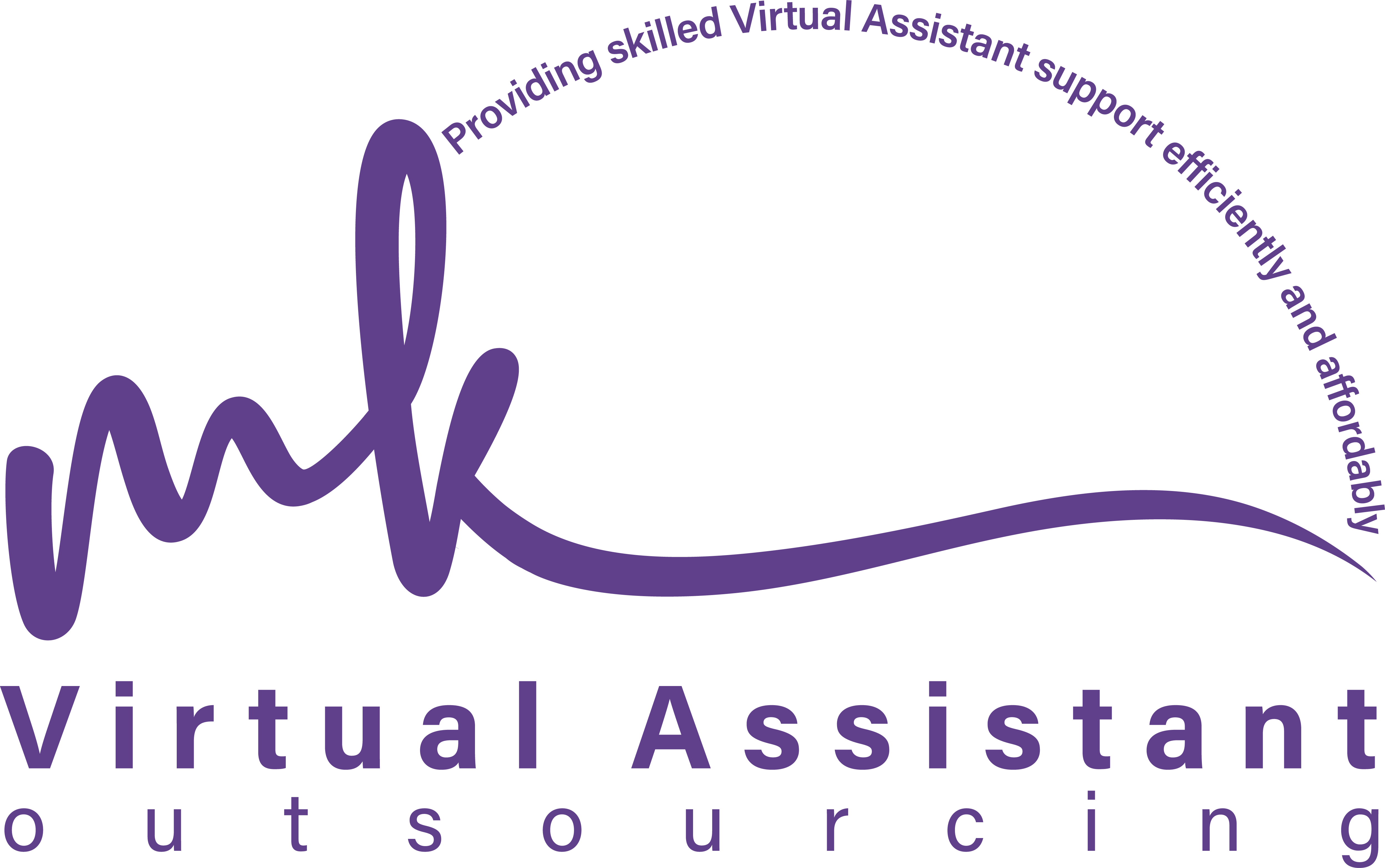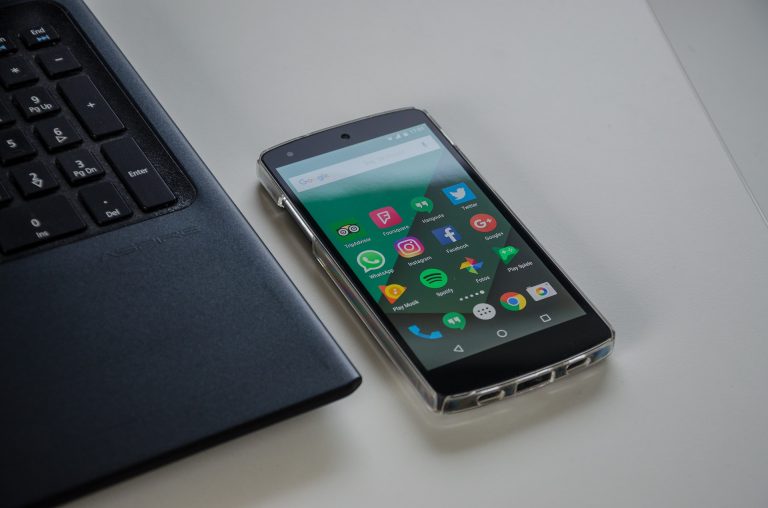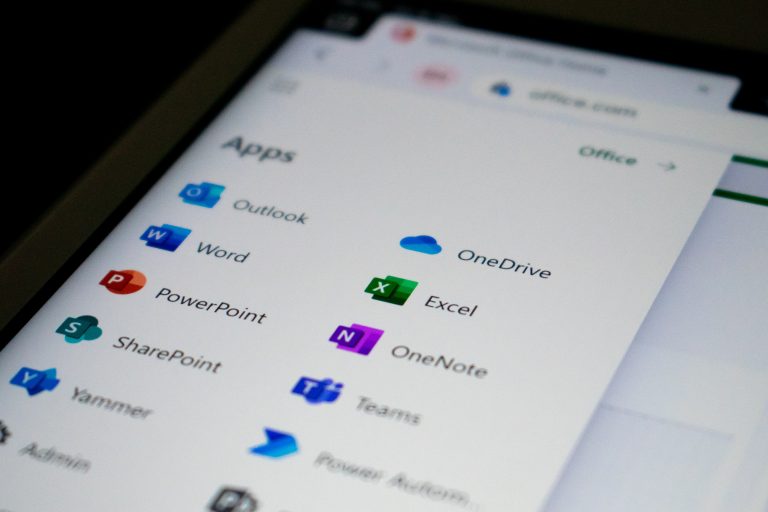Top VoIP phone system features
What are the attractive features available with a cloud-based office phone system? Here are the most popular VoIP features that businesses will enjoy using.
These business phone features will matter more or less depending on your needs.
1) Auto attendant
Project a professional image with a phone menu that greets incoming calls. If you’ve called a company and had to press 1 for sales, 2 for support, you’ve used an auto attendant.
An auto attendant helps you direct callers to the right person or department. You can forward calls to your voicemail or elsewhere outside of business hours.
2) Mobile and desktop apps
With cloud communications, you won’t miss calls because you’re not in the office. Several VoIP service providers now offer an app for your computer and mobile device.
It’s more important than ever to equip your team with a VoIP solution to work from home. These apps let you make phone calls, join conference calls, exchange text messages, and more.
You can use these telecommunications apps with or without a separate desk phone. It’s your choice.
3) HD call quality
There’s almost nothing worse than asking callers to repeat themselves. HD Voice increases the sound quality in your phone calls. This VoIP technology makes phone calls sound twice as clear as a standard phone call.
For even fuller sound, many VoIP headsets and phones provide noise-canceling capabilities. This high-definition sound quality is noticeable even for long-distance calls.
4) Unified Communications
VoIP elevates your team’s workflow through a concept known as Unified Communications (UC). Instead of using several disparate apps, your company’s communications platform is fully integrated.
It’s now even easier for employees to connect with each other and with customers. You can even flip calls between mobile devices, too.
Your team gets work done faster by meeting over video and screen sharing. UC makes real-time communication intuitive and well-organized.
Here are some of the key functions within a UC platform:
- Instant messaging
- Team chats
- Video meetings
- Screen sharing
- Conference calling
- Mobile and desktop apps
5) Call encryption and VoIP security
VoIP security is top of mind for business owners. Telephone calls carry confidential information like credit card numbers and HR conversations. You must protect these assets, or it could cost you.
VoIP is safe and secure even as data packets travel through the internet. IP phone systems have built-in security to stop bad actors from tapping your calls.
Ask your VoIP service provider about call encryption. VoIP technologies like TLS and SRTP scramble call data making eavesdropping near impossible.
You should consider whether a VoIP provider is accredited and meets industry standards. It’s handy to have a requirements checklist when selecting a business phone service.
Useful questions to ask include:
- Are they accredited (PCI, SOC 2, ISO/IEC 27001)?
- How many data centers do they have?
- What is the uptime of their VoIP service?
- Do they provide HIPAA compliant IP telephony?
- Can you access real-time call logs?
6) Call recording
Leverage your phone system to record phone calls between customers and your staff. Is your team handling calls with care and precision?
Recording calls through your phone system reveals areas for your team to improve. Plus, it’s secure, so only authorized personnel can access it.
The advantage of VoIP call recording is that it’s undetectable to all parties. It also requires no extra hardware, unlike landline PBX systems. Goodbye, cassette recorders!
Do you want to find out more? Contact us at info@mkvaoutsourcing.com.







